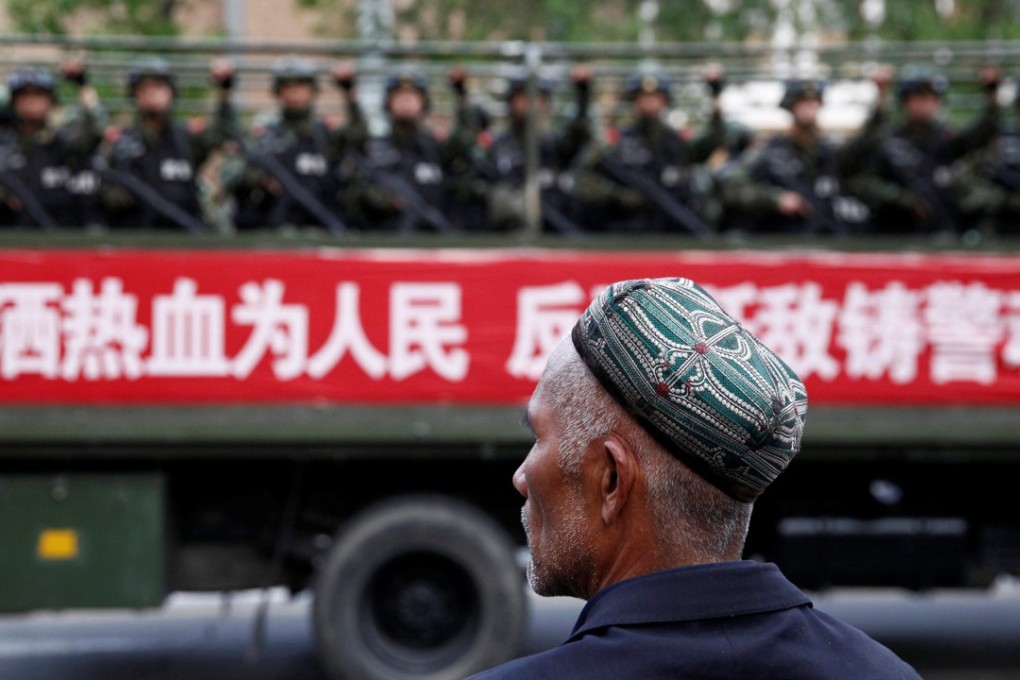Xinjiang camps: top Chinese official in first detailed admission of ‘training and boarding’ centres
Camps for Muslim minorities provide ‘concentration training and boarding’ for those deemed influenced by extremism and suspected of minor crimes, region’s governor says

A top official in China’s far western Xinjiang region has spoken in detail for the first time about its sprawling network of internment camps, in Beijing’s latest bid to defend its mass detention of Muslim minorities against a rising global outcry.
In a rare interview with state news agency Xinhua published on Tuesday, Xinjiang governor Shohrat Zakir described the camps as “professional vocational training institutions” that focus on “the country’s common language, legal knowledge, vocational skills, along with de-extremisation education”.
The centres are for “people influenced by terrorism and extremism” who are suspected of minor criminal offences that do not warrant criminal punishment, Zakir said, without disclosing how many people had been sent to the camps, or how long they had been held there.
But he said an unknown number of “trainees” had come close to or reached the standards for completing the training and were expected to “complete their education” by the end of the year – suggesting they may soon be released.
Zakir is the first top Xinjiang official to speak publicly about the widely criticised camps, as China comes under increasing international pressure over its mass detention and enforced political education of up to one million ethnic Uygurs and other Muslims in the area.